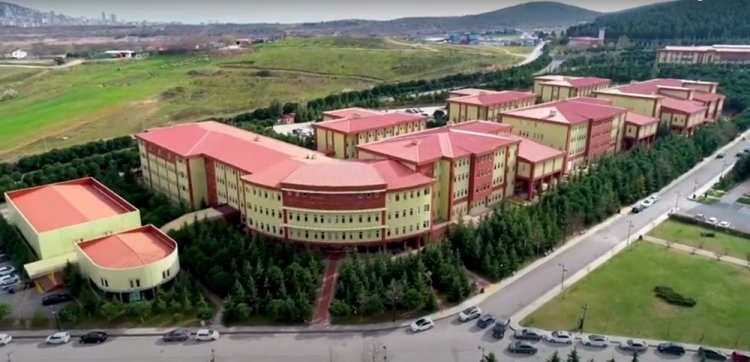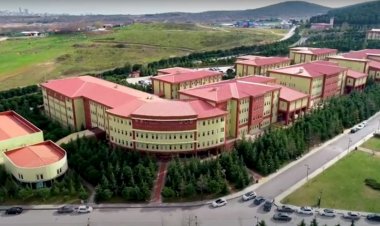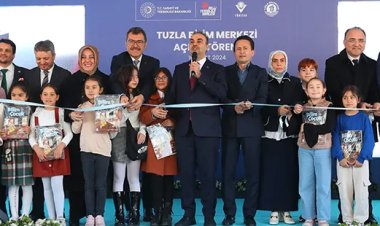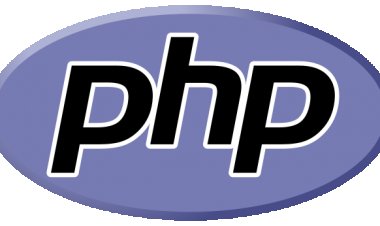Regulation of pro-inflammatory cytokine secretion in human meibomian gland epithelial cells
Regulation of pro-inflammatory cytokine secretion in human meibomian gland epithelial cells Åahin, Afsun; Turgut CoÅan, Didem; Ãner, ÃaÄrÄą; GÞneÅ, Hasan Veysi; YÄąldÄąrÄąm, NilgÞn; BaÅmak, Hikmet Purpose: Androgens are known to modulate the function of ocular surface and adnexal epithelial cells, suppress lipopolysaccharide(LPS)-induced proinflammatory responses in nonocular sites. However, there is limited data if androgens show this anti-inflammatory activity on ocular surface and adnexa. We hypothesize that human ocular adnexal epithelial cells have the ability to produce and release pro-inflammatory cytokine (IFN-gamma, TNF-alpha, IL-10, IL-1beta, IL-2, IL-4, IL-6, IL-8, VEGF-A) in response to lipopolysaccharide exposure. We also hypothesize the following: (1) Lipopolisaccharide binding protein (LBP) potentiates LPS-induced cytokine secretion by human meibomian gland epithelial cells; (2) dihydrotestosterone (DHT), a potent androgen, attenuates the immune effect of LPS. The objective of this study was to test our hypotheses. Methods: Immortalized human meibomian gland epithelial cells (from David A.Sullivan, Schepens Eye Research Institute, Boston, MA) were cultured in keratinocyte serum-free medium until reaching 100% confluence. Cells were then exposed to DMEM/F12 medium with 10% BCS for 2 days, followed by an incubation in serum-free DMEM/F12 for 1 day. After this time period, cells were treated with vehicle or 15 ug/ml LPS (E. Coli, strain 0127:B8) for 6, 12 and 24 hours. Culture media were collected and analyzed for IFN-gamma, TNF-alpha, IL-10, IL-1beta, IL-2, IL-4, IL-6, IL-8, VEGF-A levels with Luminex technology. Results: Lipopolysaccharide stimulates time-dependent secretion of IL-1beta, IL-6, IL-8, and VEGF-A by human meibomian gland epithelial cells. This effect is potentiated by exposure to LPS-binding protein. This potentiation, in turn, is significantly reduced by cellular treatment with dihydrotestosterone. Conclusions: Human meibomian gland epithelial cells have the ability to generate pro-inflammatory cytokine in response to LPS exposure. This proinflammatory process is modulated by LPS-binding protein and by dihydrotestosterone. When induced by appropriate stimuli, this cytokine production may have a role in the generation of inflammation in ocular surface disease.

Regulation of pro-inflammatory cytokine secretion in human meibomian gland epithelial cells Åahin, Afsun; Turgut CoÅan, Didem; Öner, ÇaÄrÄą; GüneÅ, Hasan Veysi; YÄąldÄąrÄąm, Nilgün; BaÅmak, Hikmet Purpose: Androgens are known to modulate the function of ocular surface and adnexal epithelial cells, suppress lipopolysaccharide(LPS)-induced proinflammatory responses in nonocular sites. However, there is limited data if androgens show this anti-inflammatory activity on ocular surface and adnexa. We hypothesize that human ocular adnexal epithelial cells have the ability to produce and release pro-inflammatory cytokine (IFN-gamma, TNF-alpha, IL-10, IL-1beta, IL-2, IL-4, IL-6, IL-8, VEGF-A) in response to lipopolysaccharide exposure. We also hypothesize the following: (1) Lipopolisaccharide binding protein (LBP) potentiates LPS-induced cytokine secretion by human meibomian gland epithelial cells; (2) dihydrotestosterone (DHT), a potent androgen, attenuates the immune effect of LPS. The objective of this study was to test our hypotheses. Methods: Immortalized human meibomian gland epithelial cells (from David A.Sullivan, Schepens Eye Research Institute, Boston, MA) were cultured in keratinocyte serum-free medium until reaching 100% confluence. Cells were then exposed to DMEM/F12 medium with 10% BCS for 2 days, followed by an incubation in serum-free DMEM/F12 for 1 day. After this time period, cells were treated with vehicle or 15 ug/ml LPS (E. Coli, strain 0127:B8) for 6, 12 and 24 hours. Culture media were collected and analyzed for IFN-gamma, TNF-alpha, IL-10, IL-1beta, IL-2, IL-4, IL-6, IL-8, VEGF-A levels with Luminex technology. Results: Lipopolysaccharide stimulates time-dependent secretion of IL-1beta, IL-6, IL-8, and VEGF-A by human meibomian gland epithelial cells. This effect is potentiated by exposure to LPS-binding protein. This potentiation, in turn, is significantly reduced by cellular treatment with dihydrotestosterone. Conclusions: Human meibomian gland epithelial cells have the ability to generate pro-inflammatory cytokine in response to LPS exposure. This proinflammatory process is modulated by LPS-binding protein and by dihydrotestosterone. When induced by appropriate stimuli, this cytokine production may have a role in the generation of inflammation in ocular surface disease.

 Bilgi
Bilgi 














